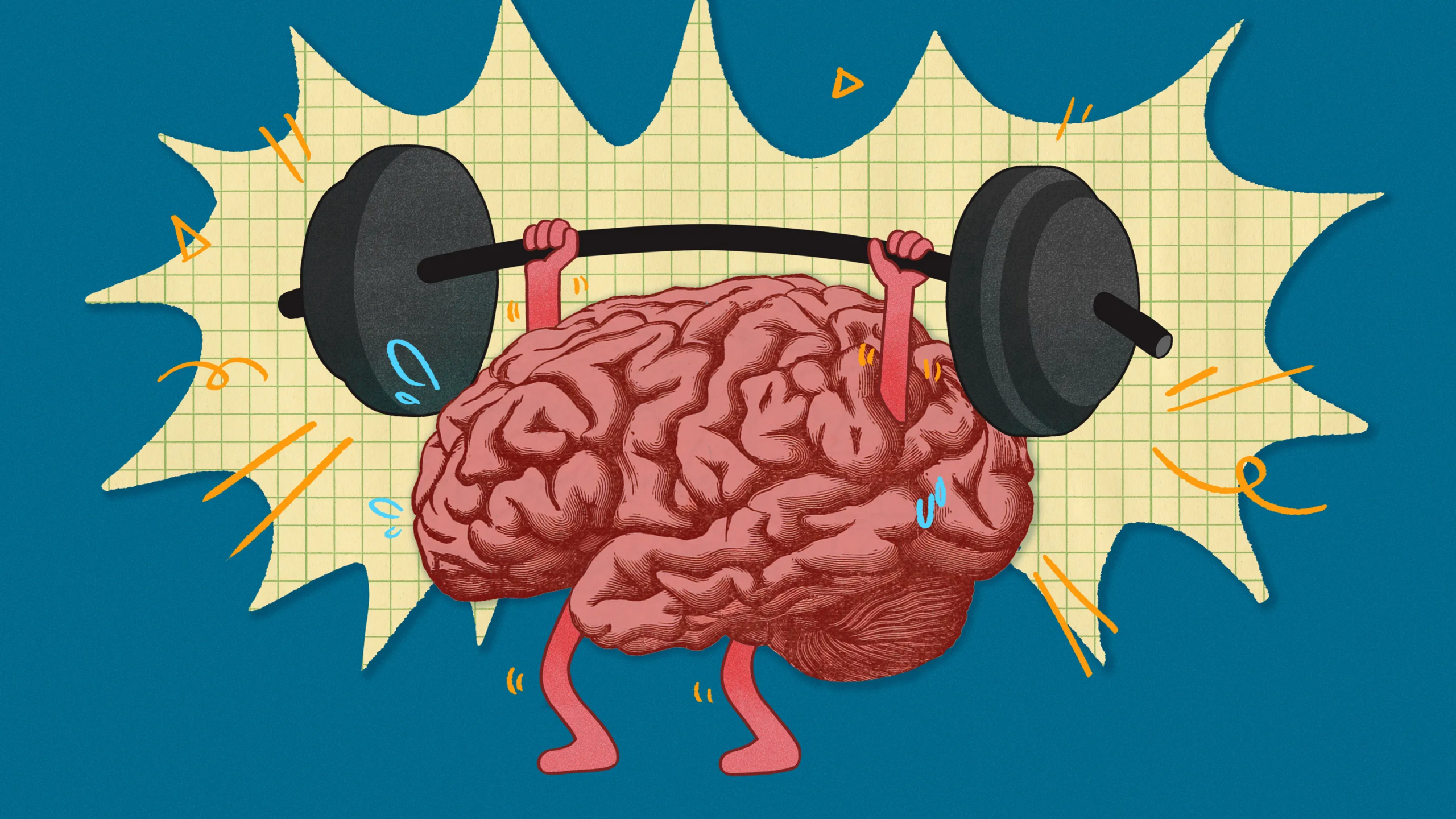
Migraines are among the most debilitating neurological conditions, affecting millions worldwide and significantly impairing quality of life. Characterized by intense throbbing pain, heightened sensitivity to light and sound, nausea, and sometimes visual disturbances such as aura, migraines pose a complex medical challenge. As sufferers seek effective relief, various unconventional remedies and anecdotal solutions have emerged, including the curious combination of cola and fries. This article aims to explore the question: Can cola and fries help relieve migraines? by examining scientific evidence, common myths, and potential explanations behind this widely circulated yet largely unproven remedy.
Understanding Migraines: Causes, Symptoms, and Challenges
Before exploring specific remedies, it is essential to understand the underlying causes and symptoms of migraines. Migraines are complex neurovascular events that involve abnormal brain activity, vascular changes, and fluctuations in neurotransmitters, particularly serotonin. Triggers vary widely among individuals but often include stress, hormonal changes, certain foods, environmental factors, and dehydration.
The primary symptoms encompass:
- Severe, pulsating headache often localized to one side of the head
- Sensitivity to light (photophobia) and sound (phonophobia)
- Nausea and vomiting
- Visual disturbances such as flashing lights or blind spots (aura)
Given their unpredictable nature and profound impact, sufferers are continually searching for safe and effective relief options, which sometimes leads to the adoption of unconventional remedies.
The Emergence of Cola and Fries as a Migraine Remedy
The suggestion that cola and fries might alleviate migraine pain is mainly anecdotal, circulated through online forums, social media, and word-of-mouth testimonies. The premise seems counterintuitive, considering that many processed foods and sugary beverages are often listed as potential migraine triggers.
However, some individuals report experiencing temporary relief after consuming cola and fries, fueling curiosity and prompting scientific inquiry into whether there is any factual basis for this remedy.
Analyzing the Components: Do Cola and Fries Possess Migraine-Relief Properties?
To determine if cola and fries can genuinely help with migraines, it is essential to analyze their constituent ingredients and their physiological effects.
Cola: Ingredients and Potential Effects
- Caffeine: One of the primary active ingredients in cola, caffeine is a vasoconstrictor, meaning it narrows blood vessels. Since migraines are associated with vasodilation, caffeine can temporarily alleviate headache pain in some cases. It is also a common ingredient in many over-the-counter migraine medications (e.g., Excedrin). Conversely, excessive caffeine intake can trigger rebound headaches or worsen migraines in some individuals.
- Sugar: High sugar content can cause fluctuations in blood glucose levels, potentially triggering or worsening migraines in some individuals. Conversely, a slight increase in blood glucose may provide a quick energy boost.
- Phosphoric Acid and Additives: These are unlikely to have a significant impact on migraine symptoms but may affect overall health if consumed excessively.
Fries: Ingredients and Potential Effects
- Potatoes: Rich in complex carbohydrates, which can provide a steady source of energy and prevent blood sugar dips that may trigger migraines.
- Frying Oil: Typically contains fats, which, in moderation, do not directly influence migraines but, when consumed excessively, may lead to inflammation or other health issues.
- Salt: Excessive sodium intake can influence blood pressure and hydration status, potentially affecting migraine frequency and severity.
Scientific Evidence and Medical Perspectives
Current scientific research does not support the idea that cola and fries are effective treatments for migraines. The medical community emphasizes the importance of identifying and avoiding personal migraine triggers, which often include dietary factors such as:
- Alcohol
- Processed foods and additives
- Caffeinated beverages (for some individuals)
- High-salt foods
- Foods with artificial sweeteners
Caffeine is often recognized for its role in treating migraines, as it can offer temporary relief by constricting blood vessels and reducing inflammation. However, relying on sugary colas as a source of caffeine poses significant issues. The risk of developing caffeine withdrawal headaches is a primary concern for those who consume it regularly; when they suddenly stop or reduce their intake, they may experience increased headache frequency and severity. Additionally, the excessive sugar content found in colas, coupled with various additives, can lead to other health complications, including weight gain and increased risk of chronic diseases.
On the other hand, the notion of eating fries as a means to boost energy or stabilize blood sugar levels is largely misguided. While maintaining balanced blood sugar is important for overall health and can help prevent migraine triggers, fries are typically high in unhealthy fats and sodium. This combination can lead to dehydration, which is a common exacerbating factor for migraines. Furthermore, the inflammation caused by consuming fried foods may intensify migraine symptoms over time, ultimately counteracting any perceived benefits of energy stabilization. Therefore, both caffeine from colas and fries should be approached with caution regarding migraine management.
The Role of Hydration and Diet in Migraine Management
More scientifically supported strategies involve maintaining proper hydration, a balanced diet, regular sleep patterns, stress management, and avoiding known trigger foods. For some migraine sufferers, small amounts of caffeine may be incorporated into their treatment plan, but always under medical supervision.
Potential Risks of Relying on Cola and Fries
Before considering cola and fries as migraine remedies, it is crucial to understand the potential risks:
- Dehydration: Consuming excessive amounts of salt and caffeine can cause dehydration, potentially prolonging or intensifying migraines.
- Dietary triggers: Greasy and processed foods are common migraine triggers for many sufferers.
- Rebound headaches: Overconsumption of caffeine can lead to withdrawal symptoms and rebound migraines.
- Overall health: Regular intake of high-fat, high-salt foods can contribute to other health issues such as hypertension and heart disease.
- Worsening of symptoms: Due to high sugar, fat, and salt content.
- Development of other health issues, including obesity, hypertension, and insulin resistance.
- Dependence on unproven remedies can delay seeking effective medical treatment.
Hence, relying on cola and fries as a migraine remedy is ill-advised from a health perspective.
Effective Strategies for Migraine Relief
Instead of unproven remedies, consider evidence-based approaches to manage migraines effectively:
- Identify and avoid personal triggers: Keep a headache diary to track foods, activities, and environmental factors that precipitate migraines.
- Maintain regular hydration and a balanced diet: Proper hydration and a nutritious diet can reduce migraine frequency.
- Medication: Use prescribed medications or over-the-counter analgesics as directed by a healthcare professional.
- Stress management techniques, such as mindfulness, meditation, or yoga, can help reduce migraine severity.
- Consult a healthcare provider For individualized treatment plans and to rule out underlying conditions.
Remember, managing migraines often requires a comprehensive approach tailored to each individual rather than relying on unconventional remedies.
Conclusion: Separating Fact from Fiction
Can cola and fries help relieve migraines? Based on current scientific understanding, the answer is unlikely. While caffeine’s vasoconstrictive properties can provide temporary relief, the adverse effects of excessive sugar, fats, and processed foods outweigh any potential benefit. Moreover, the idea of using such common foods as a reliable migraine remedy is unsupported by rigorous clinical evidence.
Patients should approach migraine management holistically, prioritizing proven medical treatments and lifestyle modifications. If experiencing frequent or severe migraines, consult a healthcare professional for personalized advice and effective treatment options. Always approach supposed remedies critically and prioritize proven strategies to safeguard your health and well-being.
In summary, reliance on cola and fries as a migraine remedy is more myth than fact. Instead, focus on evidence-based strategies to manage and prevent migraines, ensuring long-term health and well-being.
Disclaimer: This article is for informational purposes only and does not substitute professional medical advice. Always consult a healthcare provider for diagnosis and treatment of migraines.
Discover more from Healthinfo24.com
Subscribe to get the latest posts sent to your email.



Leave a Reply